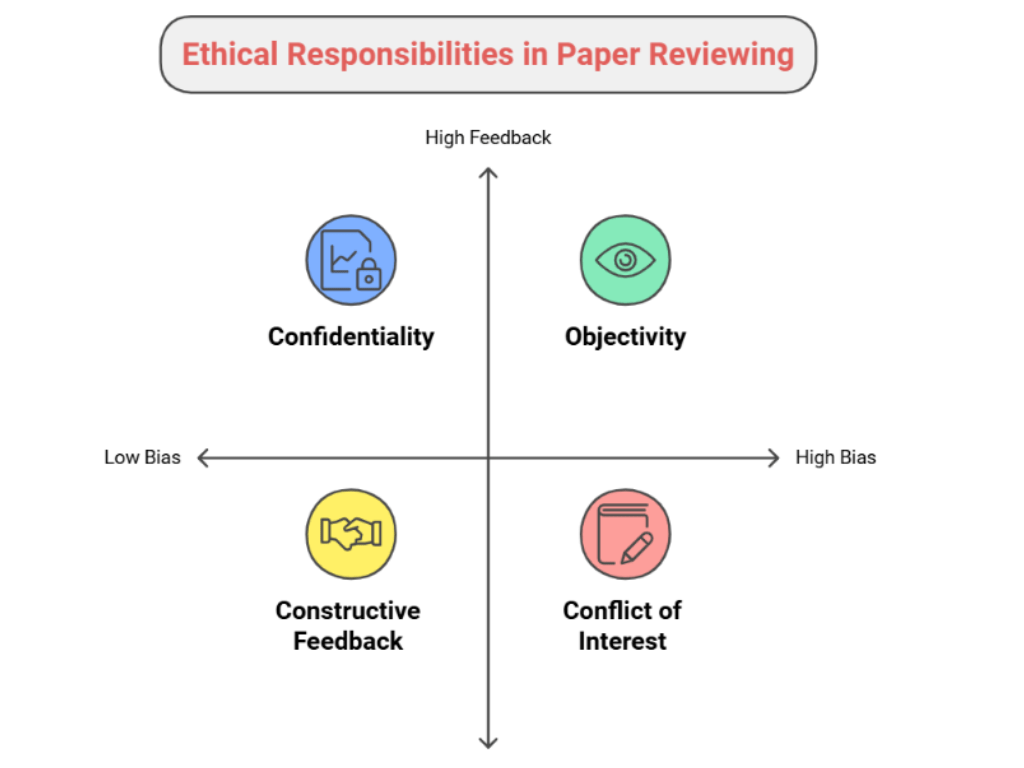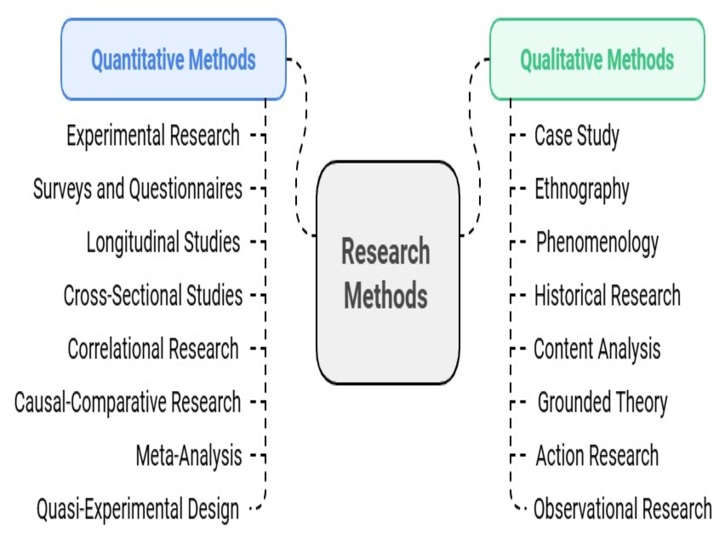
Do you spend hours reading research papers and feel like you’ve barely understood anything? You’re not alone! Reading research papers can be overwhelming, especially if you’re new to it. But with the right approach, you can make it faster, easier, and way more productive.
Here’s a simple 9-step guide to help you read research papers like a pro and actually enjoy the process!

1. Start with a Quick Relevance Check
Before diving into the details, skim the abstract, introduction, and conclusion. This 5-minute scan will tell you whether the paper is worth your time.
Quick Tip: If the paper doesn’t align with your research or goals, move on. Your time is too valuable to spend on irrelevant work!
2. Summarize in 3 Bullet Points
Once you’ve decided it’s relevant, write a quick summary of the paper:
• What did the authors do?
• How did they do it?
• What did they find?
Why This Matters: Summarizing gives you a mental map of the paper, making it easier to navigate through the details.
3. Define Your Purpose for Reading
Ask yourself, why am I reading this?
• To learn a research method?
• To find inspiration for a new idea?
• To cite it in my own paper?
Why This Matters: Knowing your purpose keeps you focused on what matters most and avoids wasting time on unnecessary sections.
4. Read with a Critical Mindset
Don’t just accept everything the authors say—challenge it! Ask:
• What are the strengths of this paper?
• Are there any weaknesses or gaps?
Pro Tip: Make notes in the margins or highlight sections you find impressive or questionable. Critical reading strengthens your analytical skills.
5. Write Down Key Takeaways
After finishing the paper, take a few minutes to jot down:
• The main ideas you learned
• How you can apply these ideas to your research
• Areas for improvement or further exploration
Why This Matters: Writing makes you remember. It also gives you a ready-made summary to revisit later.
6. Explore the References
Once you’ve read the paper, skim through the references. Often, you’ll discover other important studies that can help you.
Pro Tip: Use this as a starting point for finding more relevant literature without having to search from scratch.
7. Learn from the Presentation
Look at the diagrams, tables, and writing style. Ask yourself:
• Are the visuals clear and effective?
• Would this style work for my own paper?
Why This Matters: Good presentation makes your own work more impactful. Keep a “style file” of visuals you admire!
8. Identify Exemplary Papers
Not all papers are equal. Some will stand out as being especially relevant or well-written. Save 2-3 of these as templates for your own writing.
Pro Tip: Refer to these exemplary papers when structuring your arguments, writing style, or even formatting your paper.
9. Read Anywhere, Anytime
Research papers don’t need to be confined to your desk. Experiment with reading in different settings—parks, cafés, or even during your commute.
Why This Matters: A fresh environment can boost focus and help you absorb information better.
Need help in Research?
I can help you in the following.
➟ How to identify research gap?
➟ How to write a research proposal?
➟ How to conduct a literature review?
➟ How to write a research paper?
➟ How to structure and plan your thesis?
➟ How to choose the right methodology for your research?
➟ How to handle various challenges during your PhD?
Contact via email: faheemullah6@gmail.com
Final Thoughts
Reading research papers is a skill you can build with practice. These 9 steps are designed to save you time, keep you focused, and help you absorb knowledge more effectively.
P.S: What’s your biggest challenge when reading papers? Reply to this email or comment—I’d love to hear your thoughts!

Things you don’t want to miss!
1. Missed my new video, “Top 10 Skills for PhD Students” Don’t worry—you can watch the full session on my YouTube channel! Click here to dive into practical tips that will help you work smarter, stay focused, and make progress like never before.


